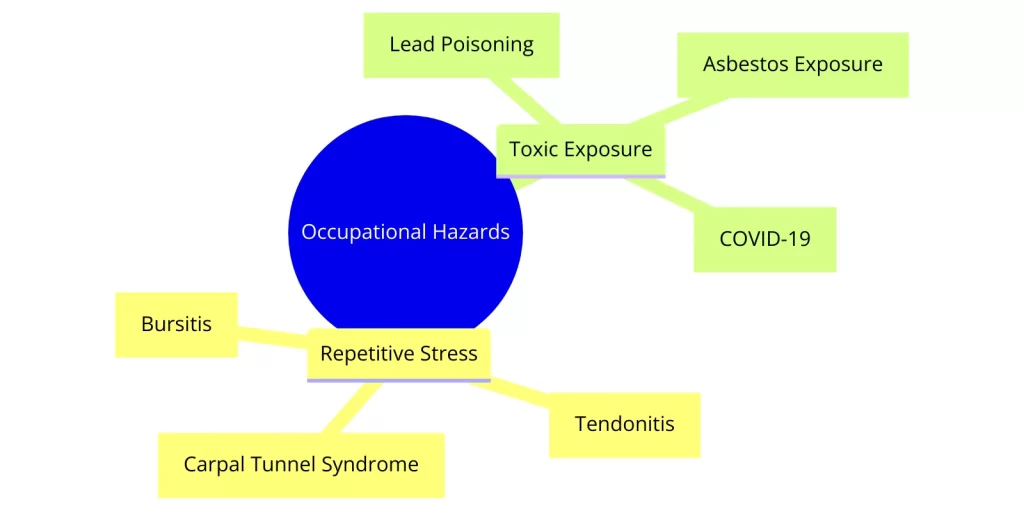Definition Of An Injury In PA Workers’ Comp
Defining a Work Injury In Pennsylvania
The definition of the word “injury” holds crucial weight in PA workers’ comp. It shapes the journey of recovery and compensation for injuries each year. Here, we will define the term “injury” under the PA Workers’ Compensation Act. This definition helps to provide clarity for workers injured on the job.
Act 61
In 1972, PA took a significant step with Act 61. This Act changed workers’ comp law. It replaced the requirement of an “accident” with the broader concept of an “injury.” This key change enabled more people to get help for job-related injuries.
What Is A Work Injury?
A work injury includes any harm or disease that arises in the course and scope of employment. This applies even if the worker has a pre-existing health condition. If a worker’s preexisting condition gets worse because of their job, they can still qualify for workers’ comp.
Injury And Occupational Disease
Occupational diseases also fall within the definition of “injury.” Covered under workers’ compensation, a disease or illness directly related to work conditions or to work hazards. However, any exposure that occurred prior to June 30, 1973 does not qualify.
Courts have held the COVID-19 illness, contracted at work, qualifies for workers’ comp under this section. This provision has given many long term COVID-19 survivors peace-of-mind.
How Do Courts Define A Work Injury?
PA courts historically steered clear of pinning down an all-encompassing definition of “injury.” Instead, focusing on whether the harm arises out of employment and the relation to employment. This provides flexibility, allowing for a case-by-case assessment.
Aggravation of Preexisting Condition
Workers’ comp law can involve determining if a preexisting condition worsened or if a previous work injury recurred. The distinction is critical in a workers’ comp claim. It can affect the eligibility for compensation and the share of liability among employers and insurers.
Under PA law, if your work aggravated a pre-existing condition, the aggravation qualifies as a new injury. A pre-existing condition can make an insurance company more likely to deny the claim initially. However, many injured workers receive benefits even though they have pre-existing health conditions.
Cumulative Trauma and Repetitive Stress
Repetitive stress injuries (RSIs) occur when you perform repetitive movements or overuse something. These actions can lead to various conditions, including: carpal tunnel syndrome, tendonitis, median nerve injuries, and bursitis. These conditions may develop over time because of continuous work-related activities.
The law acknowledges that injuries can result from repetitive trauma or continuous exposure to harmful conditions.
Risk factors include:
- The type of work, such as assembly lines or other high risk repetitive work.
- Use of vibrating hand tools
- Exposure to chemicals or vapors

Tips For Injured Workers
Injured workers should report their work injuries right away. They should seek a medical evaluation. Lastly, they should talk to a PA workers’ comp lawyer.
Employers must maintain a safe work space and aid in the claims process for the work related injury or illness. Employers should cover the medical expenses and the lost wages. A workers’ comp lawyer can advise you and guide you through the process. They can also make sure your employer does the right thing, so you get the benefits you deserve.
Final Thoughts
When an injury happens on an employer’s premises, it is important to know your rights and what counts as an injury. The definition of “injury” in Pennsylvania Workers’ Compensation Law is broad. It covers a wide range of injuries occurring in the course of employment.
This legal concept can cause challenges. Having an experienced lawyer on your side will ensure you get the help you need and the benefits you deserve. If you have questions about your work injury, let us answer them. Reach out to our offices 24/7 at (215) 609-4183.



